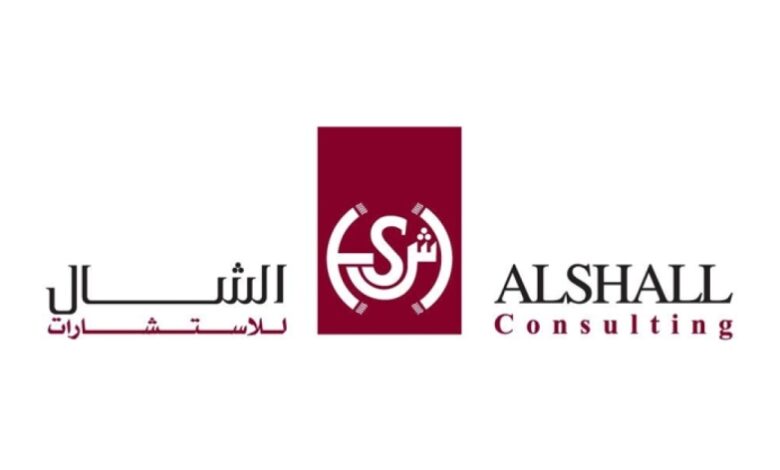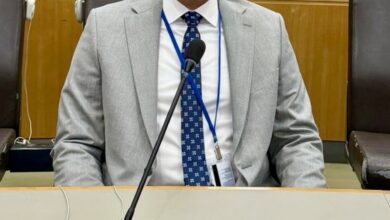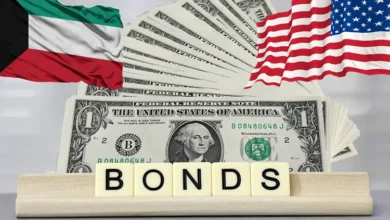Al-Shall warns against burdening public sector with state property management

The Al-Shall Economic Report urged the Kuwaiti government to reconsider assigning management of state-owned properties to the public sector, warning that doing so would further strain already overstretched government institutions. “We hope the idea of even involving cooperative societies is only a fleeting thought,” the report noted.
The report cited the Muthanna Complex and Souq Sharq as examples of reclaimed properties previously managed by private investors. While Souq Sharq appears to maintain decent occupancy and demand levels, the Muthanna Complex is in a far worse state, the report said.
A key concern raised is the lengthy delay — nearly two and a half years — between the recovery of assets and their re-tendering to new investors. Al-Shall criticized this as lost time, arguing that proper planning should allow for auctions to begin even before the date of recovery, preserving asset quality and public reputation, reports Al-Rai daily.
“The ideal investor period is 15 years,” the report explained, “but the shorter the term, the more pressure to recoup investments quickly — resulting in higher costs for consumers, lower maintenance, and little innovation.”
Al-Shall also questioned the necessity of a KD 40 million capital requirement for bidding companies. It argued that such a high threshold could exclude capable operators and create a de facto monopoly, suggesting instead that capital requirements should vary by project.
The report stressed that the absence of comparative data on private versus public sector performance for other properties makes it difficult to evaluate efficiency. However, with more assets—like universities, hospitals, and shopping malls—due to return to state control, a strategic review is urgent.
“It’s time for a pause, a reassessment, and careful preparation,” the report concluded. “Policy mistakes can be tolerated only if we learn from them.”
In a separate section, the report referenced July figures from the Sovereign Wealth Fund Institute (SWFI), estimating total global sovereign fund assets at $14.3 trillion. The ten largest funds account for nearly 70% of that total, or $9.93 trillion.
Kuwait’s sovereign wealth fund is estimated to hold about $1.029 trillion—roughly 7.2% of global assets—ranking behind China, Norway, Singapore, and Abu Dhabi. The report noted, however, that actual figures may vary depending on the source, with some credit rating agencies presenting lower estimates.
Highlighting fund strategies, Al-Shall pointed to Norway’s model, where investment policies are fully transparent and aim to replace oil income with sustainable returns. In contrast, China’s funds serve multiple roles, from economic stabilization to financing the Belt and Road initiative.
For Kuwait, the report proposed two strategic goals for its sovereign fund: first, to support economic diversification by investing in targeted sectors; and second, to boost sustainable income to restructure the state’s reliance on oil revenues.
“This means accepting calculated risks and gradually shifting away from oil, which is increasingly losing global competitiveness,” the report concluded.












